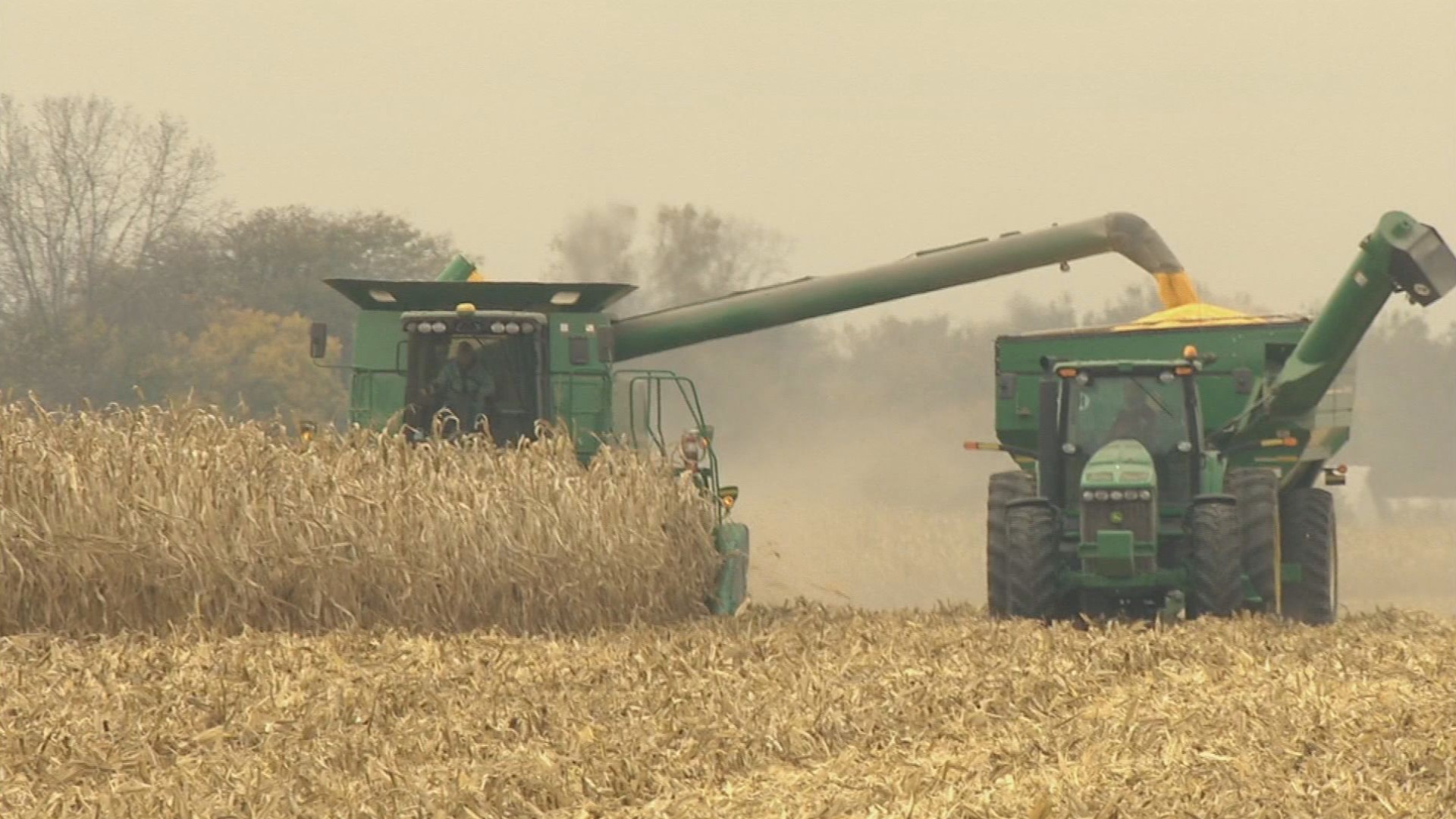COLUMBUS, Ohio — The Russian invasion of Ukraine will impact American farmers and our food prices at the grocery store.
Russia and Ukraine account for nearly 30% of global wheat exports and 18% of global trade in corn.
Ukraine accounts for 50% of global sunflower seeds used in oilseed, according to the Ohio State University Department of Agricultural, Environmental and Development Economics.
Ian Sheldon is the Andersons Chair in Agricultural Marketing, Trade and Policy. He predicts this could boost U.S. farmers in the global food supply.
“It's going to cause us pain here in the developed world, even if Ohio farmers may be able to take advantage of higher food prices,” Sheldon said.
Sheldon explained that Ukrainian and Russian wheat is typically exported to countries like Egypt and other countries in the Middle East. He said China is a major importer of Ukrainian wheat and corn and both Ukraine and Russia are considered the European breadbasket, according to Sheldon.
On Monday at the Chicago Mercantile Exchange, it was said that May wheat and corn prices could rise about 5%.
“With those increases in commodity prices, if we look at farmers here in the state of Ohio, by far, our largest export is soybeans, but our second-largest export is corn,” Sheldon said. “So I would expect the increases in those prices to potentially benefit farmers' margins as we go into the planting and harvesting seasons here in the US.”
But rising oil and natural gas prices could impede farmers’ profits and trickle down to grocery store shelves.
“Russia, in particular, one of its major exports is natural gas and also oil. Natural gas is a feedstock for fertilizers and most commodity market forecasters are expecting fertilizer prices to spike again this coming season. We had high fertilizer prices last year, partly because of shortages,” Sheldon said.
The invasion is exacerbating supply chain issues that are already in place from the ongoing pandemic.
“Supply chain problems and the issues that we were already witnessing with global commodity prices last year, particularly wheat, effects breakfast cereals and other food prices here in the stores here in Columbus,” Sheldon said.

